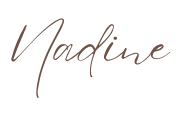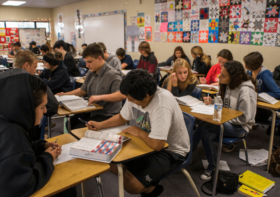Beyond Eurocentric Narratives: The Urgency of Truth in Education
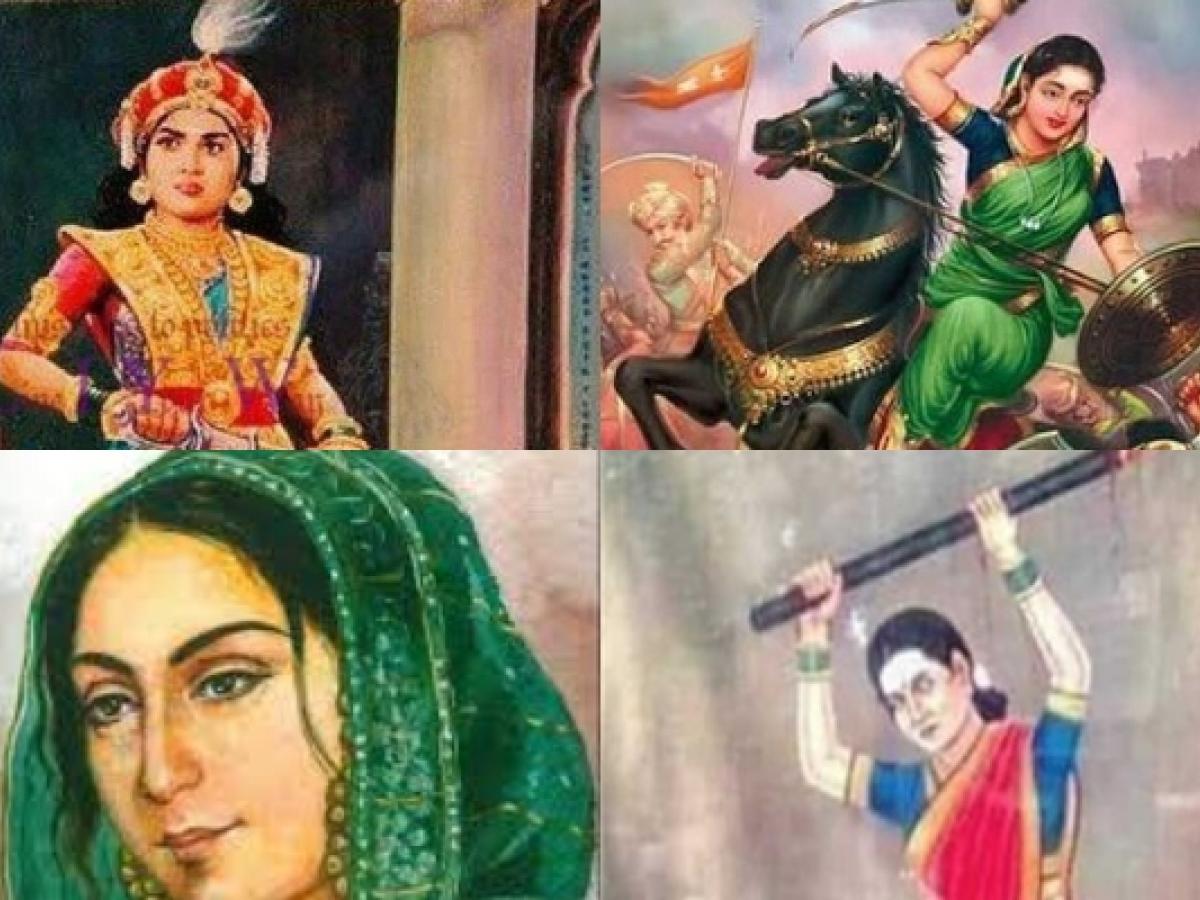
It’s an age-old saying: “History is written by the victors,” often attributed to Winston Churchill, a man who, for all his wit and wisdom, was no stranger to controversies and contradictions himself. This sentiment underscores the unsavory reality that the tales we’re most familiar with are molded by power dynamics. The predominance of Eurocentric narratives isn’t just an academic oversight; it’s a testament to a global culture steeped in selectively remembering and, often, conveniently forgetting. Yet, the call for diverse educational narratives grows louder, as global rhythms beckon for inclusivity.
1. The Subtleties of Eurocentrism
Grasping Eurocentrism: Eurocentrism isn’t just about Europe taking center stage; it’s about the subtle whispers of “ours is better” that echo through textbooks, literature, and media. And just like Churchill, this narrative, despite its moments of brilliance, harbors dark underbellies.
The Dilemma Exposed:
- Blindness to Non-European Tales: Not all heroes wore European armor, nor did all wise minds think within European borders.
- A Veil of Supremacy: Eurocentrism not only limits perspectives but also perpetuates a myth of cultural superiority.
- Global Irrelevance: In a world dancing to global rhythms, a Eurocentric tune seems rather out of place.
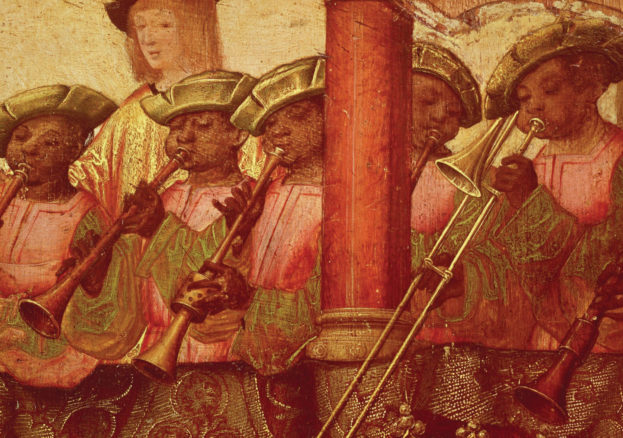
2. Unraveling Truth in Education: A Conundrum
Our beloved Madiba, Nelson Mandela, claimed, “Education is the most powerful weapon which you can use to change the world.” But it’s crucial to remember that the man behind such wisdom was also a complex figure with his own set of controversies. The true power of education isn’t just in teaching, but in discerning the grey areas:
- Beyond Black and White: Truth isn’t binary. Encountering various narratives cultivates discernment and critical thinking.
- Global Citizenship Reimagined: True global citizenship isn’t about knowing the world but understanding its diverse soul.
- A Symphony of Inclusivity: When diverse stories harmonize, the music resonates with all.
3. Stories Untold: The Shadows in Our Histories
African Mathematical Genius: The pyramids weren’t built on Greek geometry alone. Africa’s mathematical prowess predates many European breakthroughs.
Indigenous Wisdom: There’s more to indigenous knowledge than dreamcatchers and rituals. Millennia of sustainable living and cosmic connection remain underrepresented.
Asia’s Scientific Renaissance: While Europe was grappling with its so-called “Dark Ages,” Asia was illuminated with science and innovation.
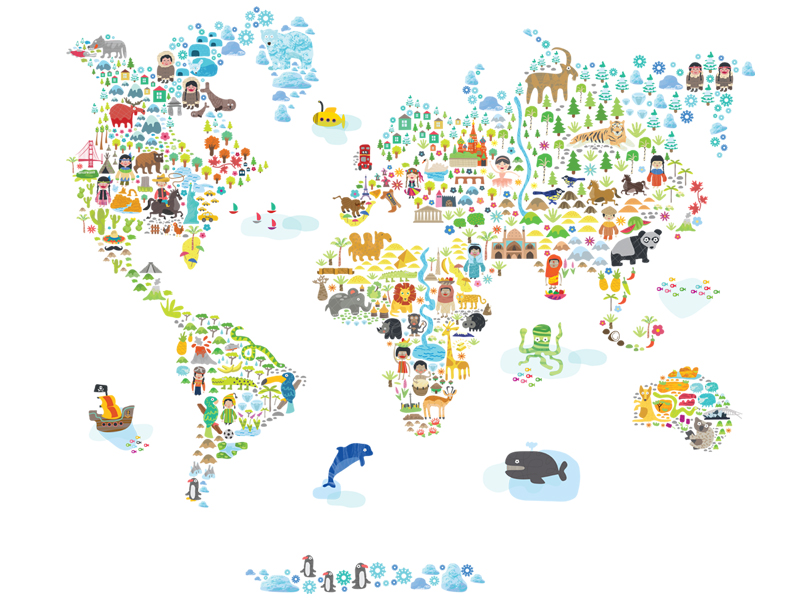
4. Curating a Canvas of Comprehensive Curriculum
Decolonizing the Mind: This isn’t about erasing, but embracing. A holistic curriculum should celebrate all colors of human achievement.
Diverse Voices, Richer Echoes: Let’s not just read about the world; let’s hear it speak in its myriad tongues.
Cultural Odyssey: Experiential learning through cultural immersion could be the finest pedagogical chef-d’oeuvre.
Teacher as the Torchbearer: Equip our educators to illuminate young minds with diverse narratives, not just standardized scripts.

5. The Enlightened Path Forward
Drawing inspiration from an African adage, “Until the lion learns how to write, every story will glorify the hunter.” The lions have been roaring, reminding us of the importance of diverse educational narratives in an interconnected world. In a journey from Eurocentrism to universalism, let’s remember that every wise saying, even from the most venerated figures, has a backstory. Embracing truths requires understanding these backstories, however uncomfortable they might be.
Knowledge is never just black or white; it thrives in the shades of grey, in the stories untold, and in the narratives that challenge our beliefs. And as for those wise figures with their flaws? They remind us that wisdom can sometimes emerge from the most unexpected quarters, urging us to look beyond the obvious.
